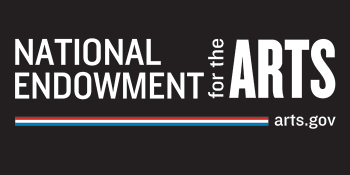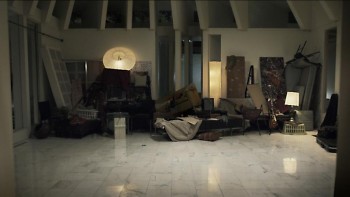Grand Rapids filmmaker Caleb Slain is an example of what happens when a person pursues their passion and succeeds. At 22 years old and without a film school degree, Slain has already written and directed a number of short films and advertisements, including a promotional video for Microsoft which has gotten over six million views on YouTube.
Slain sees the advertisements he creates as a way to experiment with different techniques while also getting paid. While he does make advertisements, it is clear that his passion lies in filmmaking, and up to this moment that passion has expressed itself in the form of short films.
“It’s a different art form [than feature film]. It’s a different medium and you have to tell very different stories in that medium,” says Slain. “And because it is shorter and there is lower risk, you can explore and experiment in ways that you really can’t do, realistically, with a feature film. There’s so much time and so much money [in a feature film] at stake that it gets very complicated.”
While Slain hasn’t made a feature film yet, he is in the process of writing one and will be using the skills he developed in short films in his new project.
“If you can tell a good narrative short story, and you have a good script, those are the most important things if you want to be a writer director for a feature film.”
Slain acknowledges the comedic elements in his films such as “Free Pie,” which premiered this July at the UICA, and doesn’t think about that aspect of his work, saying he doesn’t try to make comedies.
“I like to laugh, I like to have a good time and I like to dance and these things, but for some reason I don’t feel the compulsion to make that kind of work. I like to make more serious work, more ambitious and risky work but I think my personality just naturally floats in there in a little way,” says Slain.
Historically, many filmmakers have used their films to push an agenda. Director Paul Greengrass , for example, used the movie “Green Zone” to criticise the United States invasion of Iraq. “I’ve never really felt a need to [have an agenda],” says Slain. “I think that the world would benefit greater from sharing ideas and that ideas are so much more powerful than trying to have a film with a message or a moral story. That’s then suddenly asserting that you know more about something than everyone else watching your film and I think that’s a very arrogant thing to do.”
Slain says his films try to explore and ask questions, usually questions that he has been asking himself. His questions typically refer to something “outside of the minutiae of our physical lives, on more of a cosmic scale.”
The filmmaker or the storyteller, according to Slain, has to have a personal relationship with that before they can ask you a question.
“You did your time, you put yourself into it. Then [as a viewer] you can be having a personal experience with the film because you are seeing it through that person’s eyes.”
Slain’s passion for filmmaking leaks into what he sees as an important aspect of any community that wants to thrive.
“Support local independent theater,” he says. “It’s important. Go there, you can learn things, you can have your mind opened. You’ll gain a lot more going to [UICA] than watching TBS. I think it’s more about people getting educated and understanding different avenues of more sophisticated entertainment. I think a lot of people aren’t thinking that way, even though they would enjoy a lot of the films that play. It’s about [supporting local theater] becoming more of a culturally understood thing. There are movies that play there, go down and watch them!”
The Rapidian, a program of the 501(c)3 nonprofit Community Media Center, relies on the community’s support to help cover the cost of training reporters and publishing content.
We need your help.
If each of our readers and content creators who values this community platform help support its creation and maintenance, The Rapidian can continue to educate and facilitate a conversation around issues for years to come.
Please support The Rapidian and make a contribution today.


